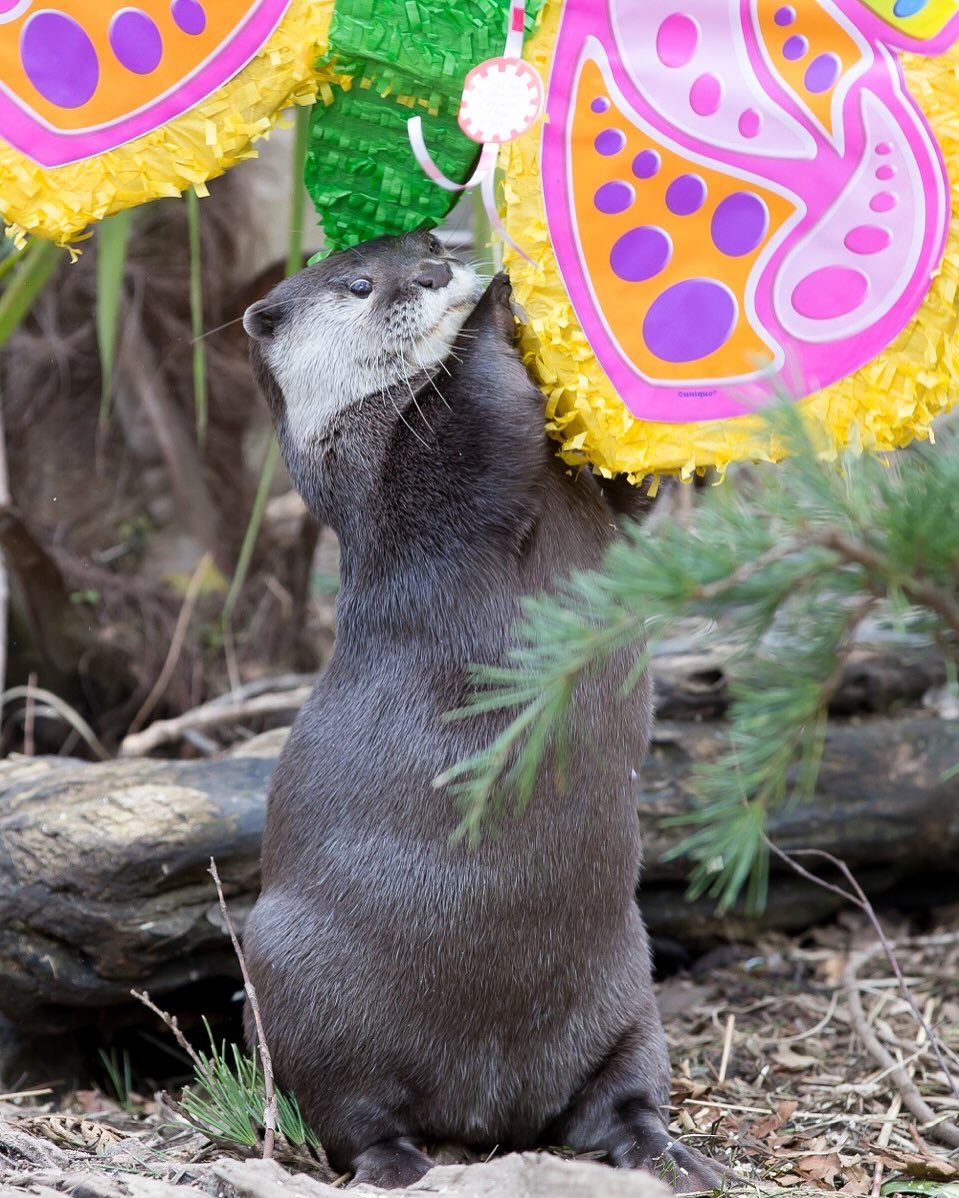- Importance of choosing wildlife-friendly candies for Easter celebrations.
- Overview of palm oil’s impact on wildlife habitats and sustainability.
- Understanding the role of zoos in wildlife conservation.
- How individual choices contribute to broader conservation efforts.
- Encouragement to use zoo-approved resources for ethical candy shopping.
The Easter Bunny is almost here, with celebrations picking up pace as April 20th approaches. It’s a time when families relish the joy of Easter egg hunts and baskets brimming with candies. Yet, amidst the festivities, there’s an important step that we must not overlook: the choices we make about the candies we offer are impactful. Paying attention to wildlife-friendly options is crucial, in particular, the ingredients that comprise these sweets, such as palm oil.
Palm oil, commonly found in many candies, has been a topic of environmental scrutiny. This ubiquitous ingredient is a leading cause of deforestation. Rainforests, primarily in Indonesia and Malaysia, are often cleared for palm oil plantations, resulting in significant habitat loss for various endangered species such as orangutans, Sumatran tigers, and sun bears. This large-scale deforestation alters entire ecosystems and disrupts biodiversity. Whenever we purchase products containing unsustainable palm oil, we inadvertently contribute to this environmental degradation.
Efforts to use sustainably sourced palm oil exist, and consumers are gradually becoming more aware. Certified sustainable palm oil supports responsible cultivation that prevents the destruction of wildlife habitats. Organizations like the Roundtable on Sustainable Palm Oil (RSPO) provide certification for products that maintain sustainable practices. Such certifications are increasingly critical as they underpin the global move towards environmental responsibility and wildlife conservation. Ensuring that our treats are sourced sustainably can make a substantial difference.
Zoos have long played a pivotal role in wildlife conservation efforts. They are not merely places for public entertainment but are centers of research and education, often spearheading conservation projects both in captivity and the wild. Modern zoos collaborate internationally to support sustainable practices and preservation projects, bringing attention to issues like the palm oil crisis. By emphasizing the importance of habitat protection and species preservation, zoos seek to inspire change on a larger scale.
The zoo’s candy guide, available at zoo.org/palmoil, is an excellent resource for families wanting to make more responsible choices. It highlights candies that do not harm wildlife through unsustainable practices. This guide aims to simplify decisions for those keen on aligning their celebrations with conservation values. Choosing products listed in such guides can turn an ordinary Easter celebration into an opportune moment for promoting awareness and responsibility within households and communities.
Individual choices, while seemingly small, contribute significantly to broader conservation efforts. Each decision made by consumers encourages manufacturers to adopt more eco-friendly practices. When we opt for wildlife-friendly candies, it sends a powerful message to those involved in production and distribution chains. The ripple effect of such conscious choices can lead to more sustainable production processes and increased availability of certified products in the market.
Engaging in informed candy-buying practices not only benefits wildlife but also enhances our sense of responsibility toward the environment. Children participating in Easter activities can learn valuable lessons about conservation, fostering a generation more attuned to their environmental impact. Utilizing resources like the zoo’s candy guide can empower families, embedding conservation awareness into the fabric of celebratory traditions.
This Easter, as you prepare for the holiday festivities, reflect on how your actions can play a role in conservation. Through thoughtful purchasing, you can protect endangered species, promote sustainable agriculture, and contribute to a healthier planet. Choosing animal-approved treats isn’t just about celebrating; it’s about ensuring that future generations can enjoy the world in which we live today.
*****
Source Description
That Easter bunny is sneaking up on Sunday April, 20th… make sure all your treats are animal approved and hop to the candy shop with our wildlife-friendly candy guide: zoo.org/palmoil or link in bio. 🌷🐝🐣💗🦋🪻🌸 🐰🪺


